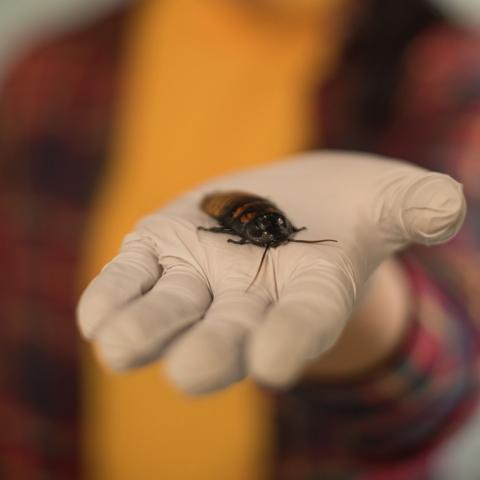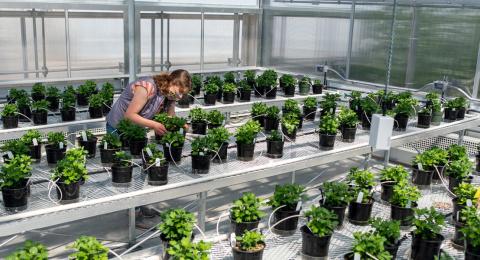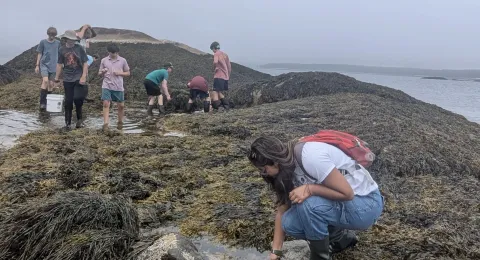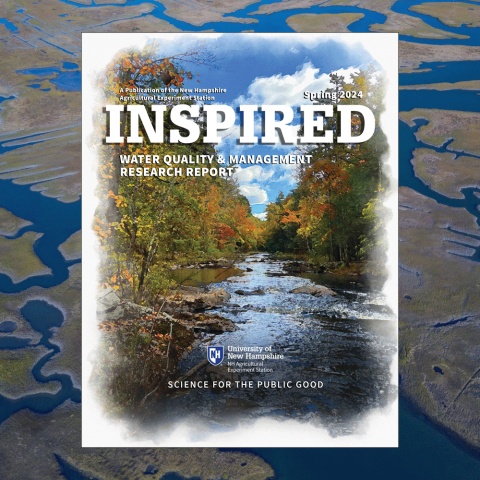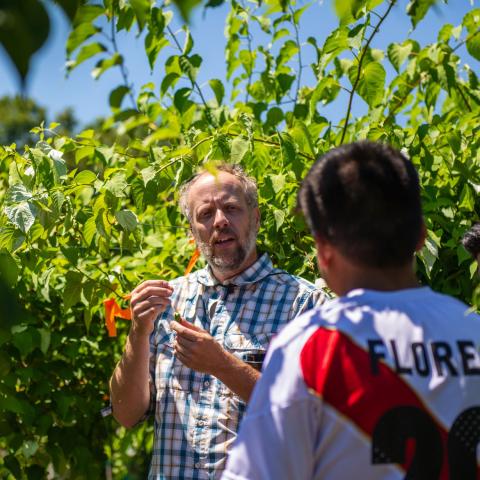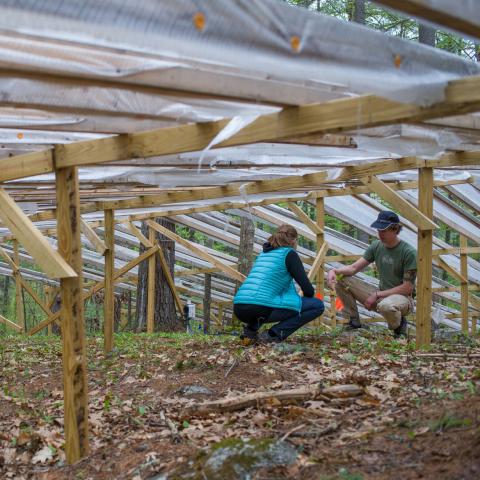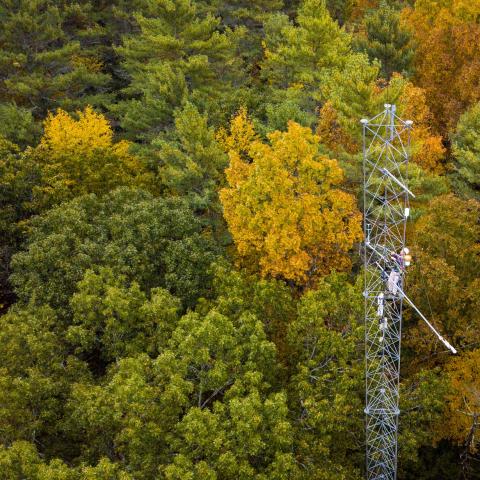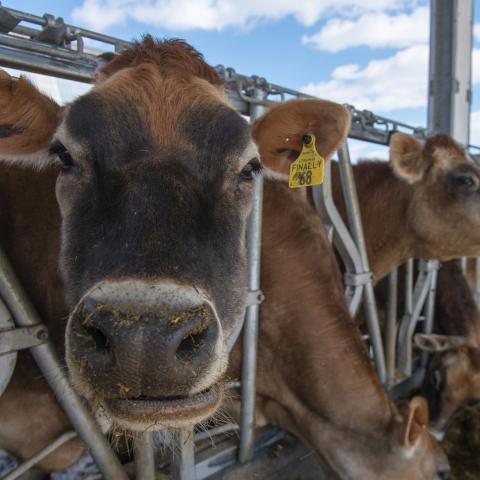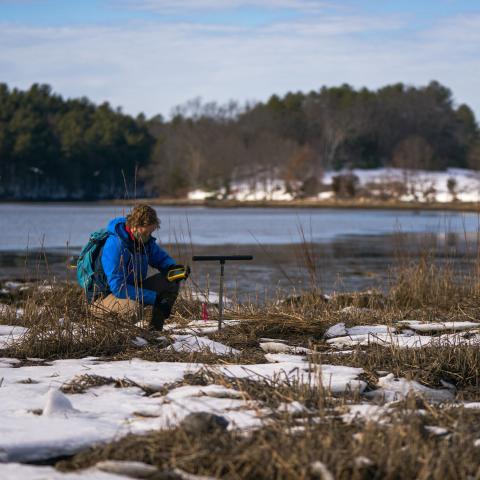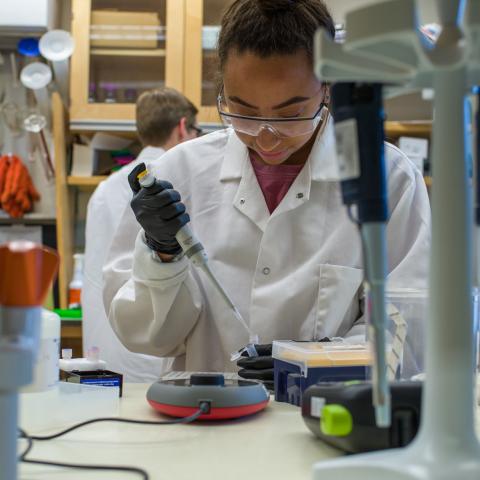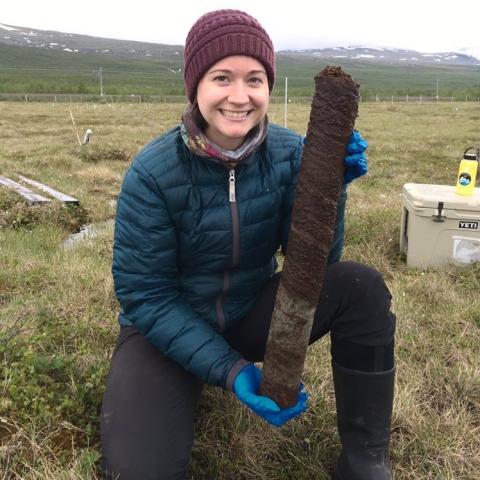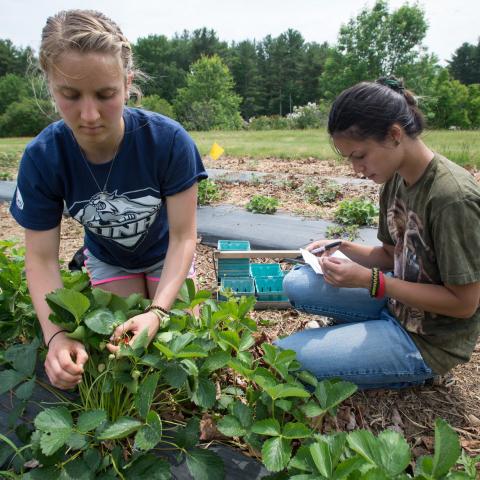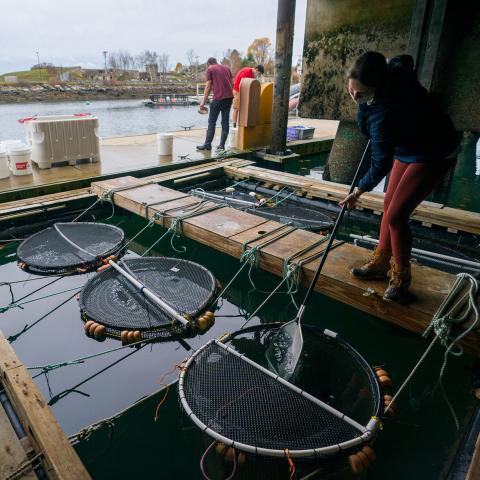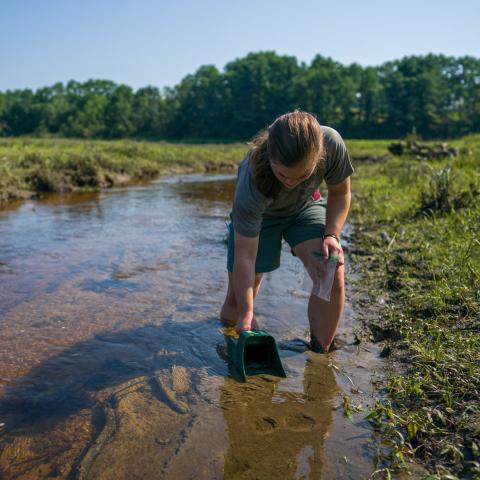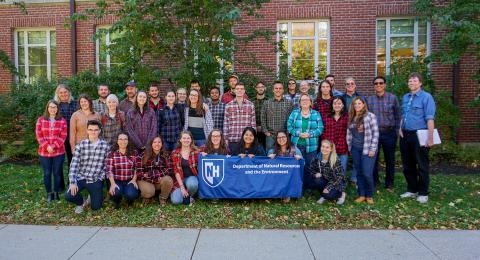NH Agricultural Experiment Station
Locally Inspired. Globally Important.
As the university's first research organization, the New Hampshire Agricultural Experiment Station has been an elemental component of New Hampshire's land-grant university heritage and mission since 1887. We provide unbiased and objective research on sustainable agriculture and foods, horticulture, forest management and related wildlife, the environment, natural resources, and quality of life topics. Our scientists manage more than 50 research projects at any one time, partner with state and regional farmers, growers, and producers, and collaborate with leading scientists worldwide to directly benefit New Hampshire and New England.
People, Places, Programs
- Developing innovative research supported by essential funds from the U.S. Congress and New Hampshire State Legislature.
- Conducting research, training new researchers, and communicating novel solutions across New Hampshire communities.
- Leveraging essential support to secure additional research funds from federal and state agencies and industry partnerships.
- Managing two crop farms, two dairies, greenhouses, and farm services operations to support the diverse, practical, forward-looking research.
Your ag experiment station
by the numbers
Research projects
inspired by New Hampshire issues
graduate students and postdocs
Research farm and forest acres
innovating in the field
leading sustainable food production
competitive grant funds
Supporting public investments
granite staters
whom we consider our stakeholders
Recent Stories

Can Birds Spread Harmful Bacteria on Dairy Farms?
Can Birds Spread Harmful Bacteria on Dairy Farms?
UNH researcher investigates whether sparrows increase dairy herd infection risks
Article
Can Science Keep Produce Fresh Longer?
Can Science Keep Produce Fresh Longer?
UNH research focuses on extending the shelf life of fruits and vegetables
Article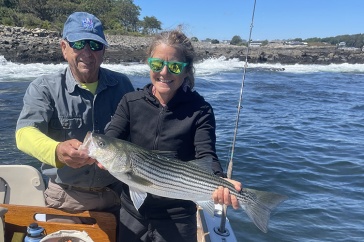
Sustaining Striped Bass
Sustaining Striped Bass
UNH study pinpoints how to help a popular New Hampshire fishery remain viable
Article